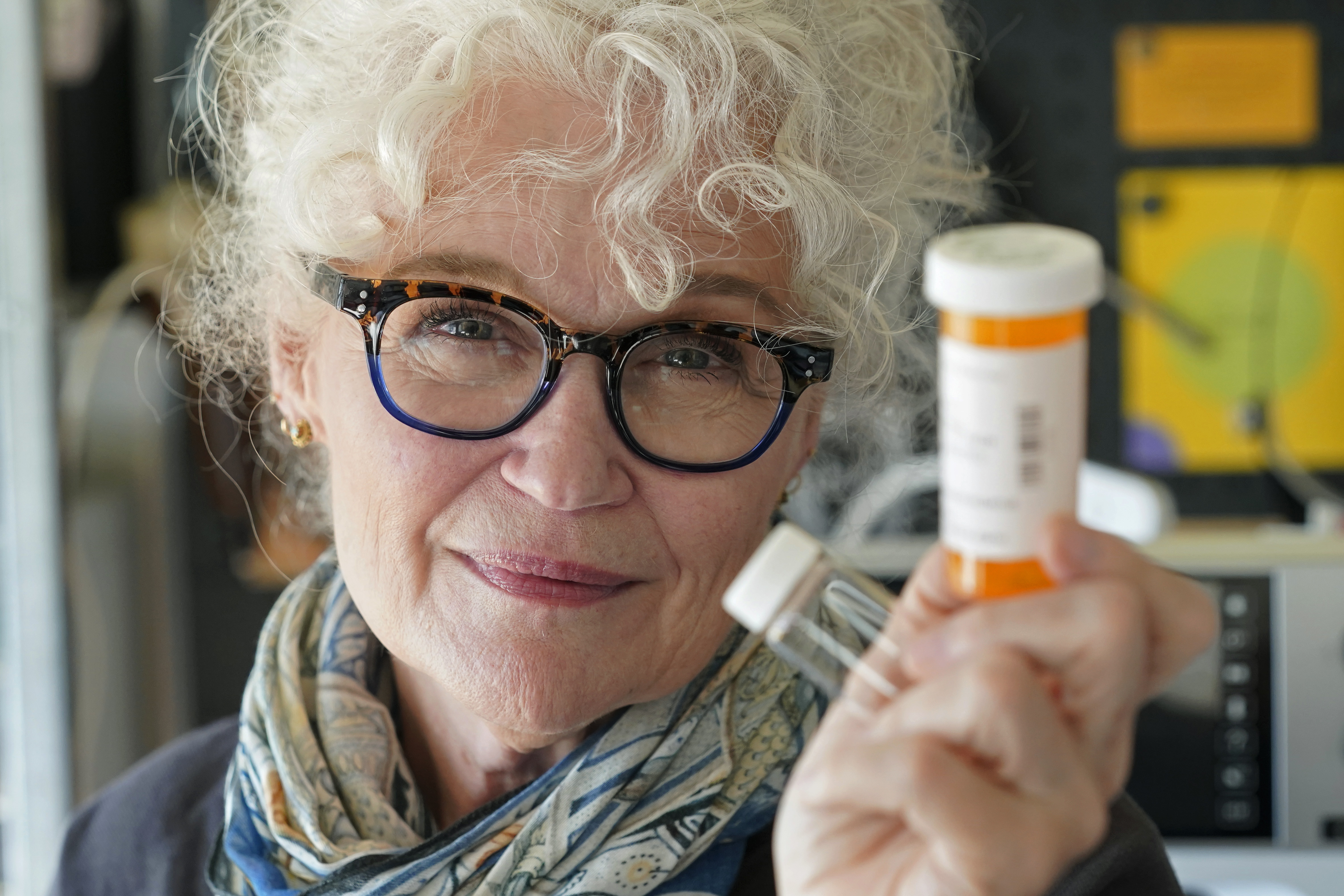The holidays have arrived, and this time of year can bring a lot of triggers for people suffering with addiction. But new research shows a potential treatment — in the form of a pill — could help the nearly 15 million Americans dealing with alcohol use disorder.
"We don't need to develop a new medication from scratch and wait for years and years, because we already have in clinical practice such a medication," said Dr. Lorenzo Leggio of the National Institutes of Health (NIH). He spoke with News4's Leon Harris about an issue personal to the anchor.
Instead of developing a new drug, NIH researchers are testing an FDA-approved medication that's been used for years to treat heart problems and high blood pressure. The drug is called spironolactone, and doctors say it works by blocking receptors in the brain — the same receptors that trigger alcohol consumption and cravings.
"Alcohol is the most harmful drug, because of the effects in our body for people who drink excessive amounts of alcohol. But also the harm to others," Leggio said. "Let's think about car accidents. Let's think about domestic violence, gun violence under the effects of alcohol."
In experiments, increasing doses of spironolactone decreased alcohol consumption in rats and mice — without causing problems with coordination and appetite.
But doctors caution that the drug isn't a cure. Rather, it's a potential treatment that could help people with alcohol use disorder the same way insulin helps people with diabetes.
"Addiction is a chronic disorder, very similar to diabetes," said Leggio. "People with diabetes will continue to have diabetes for the rest of their life. But by using changes in lifestyle, by using medications, they can treat diabetes so that they can keep the glucose levels under control for the rest of their life."
Right now, there are only three approved medications to treat alcohol use disorder. Something like spironolactone could give physicians more options, helping tailor treatments to an individual's needs.
"Our efforts are to develop new medications, to expand the menu of options," Leggio said. "The dream is that tomorrow a doctor who wants to treat their patient with alcohol use disorder, they can choose from 30 medications, not from three."
Leggio said another piece to the puzzle is reducing the stigma around addiction — a lifelong battle that prevents people from accessing treatment in the first place.
"We could discover the best treatment ever made for alcohol, but if we don't fight stigma against this problem, we are not going anywhere," Leggio said.
Researchers are now in the next phase of drug trials, testing the drug on people diagnosed with alcoholism to make sure it's safe and that there aren't any serious side effects. The findings from the latest clinical trial are expected in 2024.
Dr. Leggio hopes stories like this can offer hope and encourage people to overcome external and internal stigmas so they can seek help, the same way they would for diabetes or cancer.




